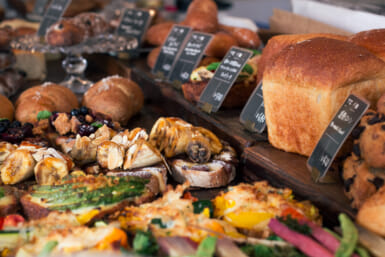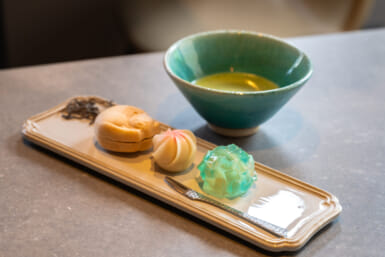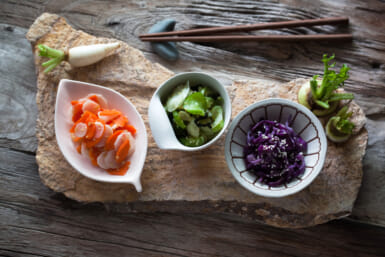Some, perhaps many, inhabitants of the wine world believe that the greatest oenological skill attainable is the ability to identify a wine at a blind-tasting.
I don’t know why they think that. At blind-tastings the identity of the wine is usually known, and those attending are acquired to judge only the qualities. Wine authorities I know decry and try to avoid such guessing games. A highly respected London connoisseur told me that there is nothing that troubles him more than to have someone thrust a glass into his hand with the smiling question, “What is it?” Sometimes lightning strikes in the form of intuition, and his reputation is sustained. When it doesn’t, down it goes in the eyes of those watchfully waiting, if knowledge and logic fail.
Intuition, the product of experience and a dab of knowledge, plays an important part in oenological guessing games. I have at times intuited the identity of a wine and then gone off the track after thinking about it. I have often sworn to let my first impression stand, only to start analyzing and veering away again.
One is not born with intuition. It is not an instinct but learned behavior. After I had slarted my wine-drinking career in the late ’30s, it took me awhile to identify the grapes. It look me even longer to detect the gout de teroir or taste of the soil, which now comes on so strong, and the vanillin of oak.
Next in importance in such childish pastimes comes logical elimination. A French oenologist told me that whenever he can’t avoid such games, he prays for intuitional guidance. It it doesn’t come, he says another, Hail, Mary!, and proceeds to eliminate on the assumption that his host has served a good wine of a good year. He determines first by color, bouquet and flavor whether the wine is young, at its peak, old or somewhere in between. Then he goes down the list of applicable vintages, selects the one that fits and moves on to the vineyard.
This can be a nasty business, especially if it isn’t a vineyard with which he is familiar. Although the grape readily identifies the area where the wine was produced, like Bordeaux. Cote de Nuits, Loire and such, getting down to the individual vineyard is the problem. Applying the process of elimination again and confirming his conclusion with a couple of more sips, he announces it. “I hate to admit how many times I’ve been wrong,” he said.
The stumbling blocks in the path of a successful guess are the less familiar and unknown vineyards. If the characteristics aren’t built into your experience, they are very difficult to identify. One way of avoiding such pitfalls is by starting out with, “I’ve never tasted this vineyard before, but it must be a…” Then fill in the trails of the appellation controlee to which you think it belongs. Just hope it isn’t a Mouton Rothschild.
I played a game of vintages with the young scion of a wine-producing family in the Pommard region. How I got into it, I don’t know. I had been drinking wine longer than he had years. I believe he challenged me, and I foolishly accepted. It turned out to be an entrapment, for the vintages all came from his cellars.
Needless to say, I lost badly. With ruffled feathers I invited him to lunch the next day at the Hotel de la Post in Beaune. There we played the game again with the three bottles we shared between us. Those were the days when my system could absorb more alcohol than it can today. We ended in a dead heat: one loss each and one tie, but my year was closer.
That young man was a very interesting person. He told me in the course of our conversation at lunch that if he didn’t drink a bottle of wine a day, he got a headache. When I asked him what he thought of Bordeaux wines, he said that he had never tasted one. He drank only wines from the Cote d’Or.
Nowadays I find that I’m not as good at the guessing games as I used to be. Something has happened to my palate. Though I can name correctly the most obvious vineyards, the lesser known ones — and even some appellation controllees — escape me. The only thing I can do to save what reputation I have is to refuse to join when someone suggests playing oenological blind man’s buff. So now my eyes shine with envy when one of my younger confreres swirls his glass, sniffs, tastes and says, “This must be a Chambertin, 1976, probably produced by Moilliard.” So much for experience.








